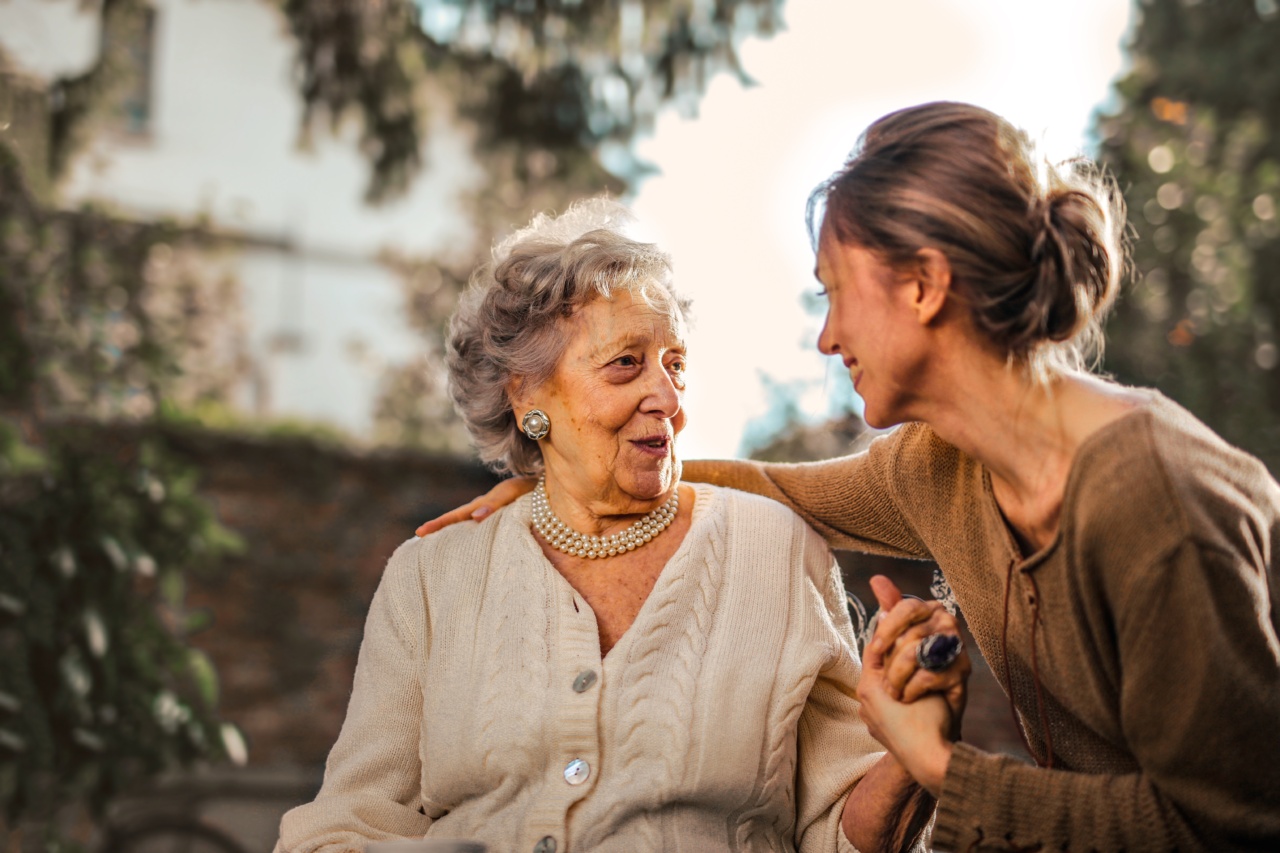As the summer months approach, it is crucial to recognize and understand the increased risk of falls among the elderly population. With the rising temperatures, seniors face numerous challenges that can lead to accidents and injuries.
This article aims to shed light on the unique risks associated with summer falls in the elderly and provide helpful tips to avoid them.
The Impact of Summer Heat
The heat and humidity of summer pose significant risks to the elderly. As we age, our bodies become less efficient at regulating temperature, making seniors more susceptible to heatstroke, dehydration, and other heat-related illnesses.
These conditions can weaken the body, impair balance and coordination, and increase the likelihood of falls.
Environmental Factors
Several environmental factors also contribute to increased fall risk during the summer. Slippery surfaces, such as wet pool decks, sprinkler-soaked lawns, and even sweat-soaked floors, can significantly increase the chances of accidents.
Additionally, wearing inappropriate footwear, such as loose sandals or flip-flops, can further compromise stability, making falls more likely.
Dehydration and Falls
Dehydration is a common concern during the summer months, and it can have a severe impact on an older person’s health. Dehydration can cause weakness, dizziness, and confusion, leading to impaired balance and an increased risk of falls.
Encouraging seniors to stay hydrated by drinking plenty of water throughout the day can significantly reduce the likelihood of dehydration-related falls.
Vitamin D and Bone Health
Sun exposure plays a vital role in the production of Vitamin D in our bodies, which is crucial for maintaining healthy bones. Deficiencies in Vitamin D can lead to weakened bones and an increased risk of fractures.
Therefore, it is essential for seniors to spend some time outdoors, while following proper sun protection measures, to maintain adequate Vitamin D levels and lower the risk of falls caused by weak bones.
Managing Medications
Elderly individuals often take multiple medications to manage various health conditions. However, certain medications can increase the risk of falls in older adults, especially during hot weather.
Medications that cause dizziness, drowsiness, or lightheadedness can significantly impair balance and stability. It is crucial for seniors to consult their healthcare provider to assess if any medication adjustments are needed during the summer months to minimize fall risks.
Staying Active and Maintaining Strength
Regular physical activity and strength-building exercises are essential for maintaining muscle strength, flexibility, and balance. Engaging in safe exercise routines can significantly reduce the risk of falls in the elderly.
However, it is crucial to select activities that are appropriate for individual fitness levels and to exercise caution when engaging in outdoor activities during the hot summer months.
Home Modifications
Modifying the living environment to eliminate fall hazards is crucial for senior safety. Simple measures such as removing clutter, ensuring proper lighting, and installing grab bars in bathrooms can significantly reduce accidents.
Additionally, using non-slip mats or rugs, particularly in areas prone to moisture, can enhance traction and prevent falls caused by slippery floors.
Maintaining Eye and Foot Health
Regular visits to an eye specialist are necessary to ensure that seniors have the correct prescription glasses and that their vision is optimized. Poor vision can contribute to missteps and falls.
Similarly, foot health is equally important in fall prevention. Wearing comfortable, well-fitting shoes with proper support and traction can help maintain stability and minimize the risk of stumbles.
Ensuring Proper Nutrition
A well-balanced diet plays a crucial role in maintaining overall health and reducing fall risks. Seniors should focus on consuming foods rich in vitamins and minerals, including calcium and vitamin D, to improve bone health.
Adequate nutrition helps support muscle strength and coordination, ultimately reducing fall risk. Consulting a healthcare provider or a registered dietitian can provide personalized guidance on appropriate dietary choices.
Social Support and Assistance
Encouraging elderly individuals to seek social support and assistance when needed can contribute to fall prevention.
Whether it’s having a companion during outdoor activities, someone to help with household chores, or participating in group exercises or walking clubs, reducing isolation and ensuring assistance is available can provide a safety net and prevent potential accidents.
Conclusion
The summer season presents unique challenges and risks for the elderly, making it essential to recognize and address potential hazards.
By understanding the impact of summer heat, environmental factors, dehydration, and medication management, we can help prevent falls in the elderly. Encouraging proper nutrition, maintaining eye and foot health, modifying the home environment, staying active, and promoting social support are all vital elements in fall prevention.
By implementing these measures, we can strive to create a safer and more enjoyable summer for our elderly loved ones.































